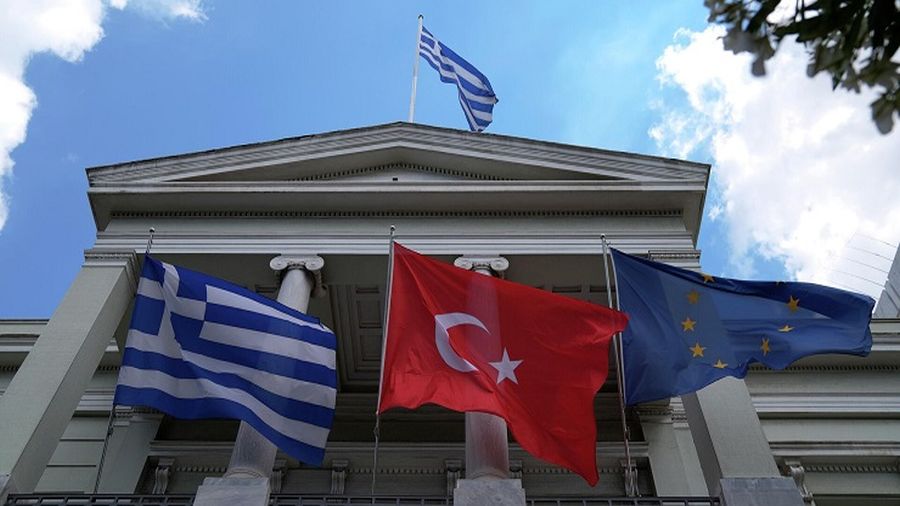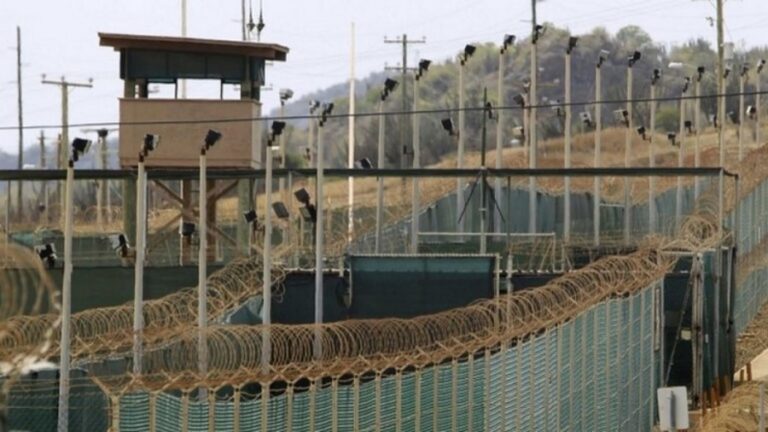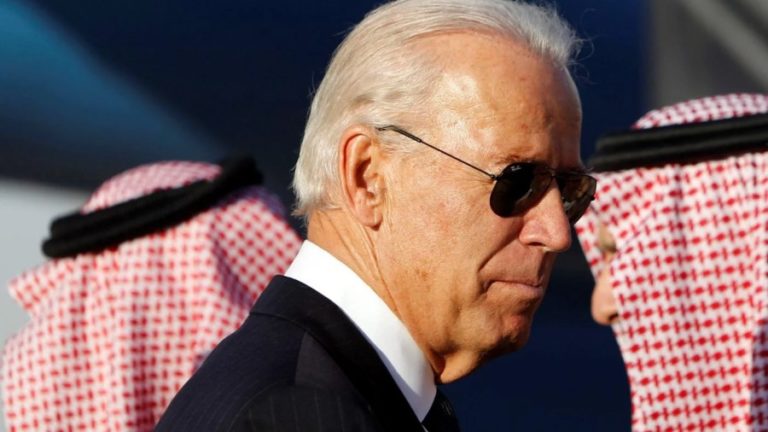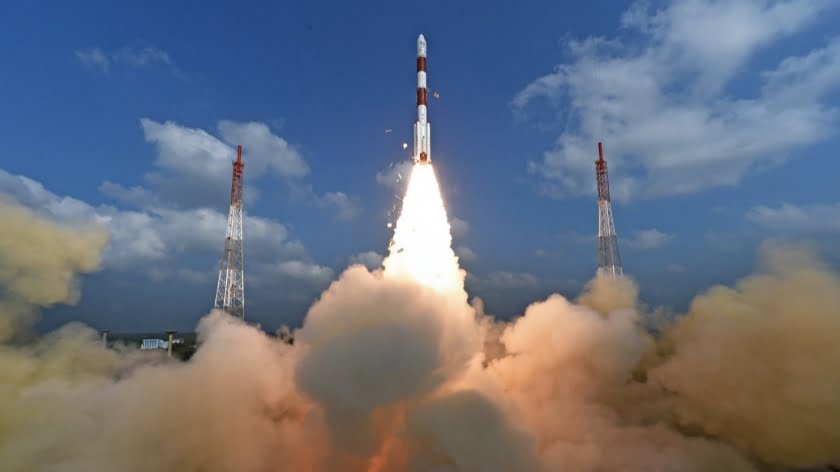Will Turkiye Go to War with Greece?
The media has recently been more frequently reporting on the deteriorating situation in the Eastern Mediterranean and the heightened warlike accusations made by Turkish and Greek officials. Moreover, the disputes between these states over the situation in the Aegean Sea are aggravated by outright incitement to conflict by several states in the region.
First of all, France, which in October, together with Greece and Egypt, declared “illegal” the deal authorizing Turkey to explore for hydrocarbons Libya’s Mediterranean waters and with its official “revelations” to give Athens military protection against possible Turkish aggression only increases the heat of the Greek-Turkish conflict and divisions within the North Atlantic alliance.
Also actively fomenting the fuse is the United States, which, as the Turkish newspaper Milliyet wrote in October, “is provoking a military conflict between Greece and Turkey, which is a CIA plan to overthrow Erdoğan, undesirable for the Americans.” Even the chairman of the US Senate Foreign Relations Committee, Robert Menendez, openly declared in October that Erdoğan, who leads the second most powerful army in NATO, is now a threat to Washington.
And, against this backdrop, it is clear that the US, actively supporting Greek military capabilities in recent months by strengthening and expanding its presence in the country, has in November allocated an additional $33.5 million in funding to the Larissa air base to accommodate advanced platforms and MQ-9 Reaper strike drones. These can carry air-to-ground missiles as well as air-to-air missiles, operating continuously in the air for 20 hours, which is more effective than Turkey’s Bayraktar TB2.
Noting rising tensions between the two countries, Greek Foreign Minister Nikos Dendias, in letters to European diplomatic chief Josep Borrell and NATO Secretary General Jens Stoltenberg in early September, had already warned of the threat of a serious conflict with Turkey. In response to Greece’s redeployment of armored vehicles to the islands of Midilli (Lesvos) and Sisam (Samos) in the Aegean Sea, which have demilitarized status, Turkish officials have hardened their belligerent tone towards Athens. Erdoğan, for example, threatened that Athens would “pay a heavy price” if it continued to “provoke the Turkish military.” And while visiting the aerospace and technology festival Teknofest in Samsun, the Turkish leader even said: “I want to tell Athens only one thing: don’t forget about Izmir!” – clearly referring to the events of 1922, the peak of which was the extermination by Atatürk’s army of the Greek population of the city of Smyrna (now Izmir).
It is therefore not surprising that the recently concluded joint military exercise “Brother Fist,” conducted by units of the Azerbaijani and Turkish armies in Baku and the areas bordering Iran on the Caspian Sea coast, caused concern not only in Greece but also in many countries of the region, as a demonstration of the Turkish-Azerbaijani army’s preparation for war with Greece. In particular, Greek media noted that, according to the scenario of the exercise, “allied forces” practiced landing from the sea on islands under enemy control. However, given that Azerbaijan has only 3 islands in the Caspian Sea, therefore it has been speculated that the aim of the exercise was actually to prepare for a joint capture of islands in the Aegean Sea with the Turkish army.
These assessments have been strengthened by Turkey’s successful test of the new ballistic missile Tayfun in October and Erdoğan’s blatant hints that it could reach Greece if Athens does not change its policy and course to expand its weapons arsenal.
The region is also somewhat cautious about Ankara’s readiness to activate the military vector in its confrontation with Athens, as are the decisions of the December 20 meeting in Ankara of the Defense Industry Agency (SSB) under the country’s presidential administration. In particular, Turkey, among 25 different defense projects, will start serial production of three national air defense systems, SIPER, HISAR and SUNGUR, as well as various strike systems, including the Akya torpedo and Tayfun, Atmaca, TRLG-230, Karaok, Gokdogan and Bozdogan missiles.
However, despite the increasing tone of mutual criticism and threats, a serious armed clash between the two NATO members seems unlikely to happen in the near future. It must be borne in mind that both Turkey and Greece will have key election campaigns in the coming months. Erdoğan’s popularity is known to have been built primarily on rapid economic development and a rising quality of life. However, the global crisis and deficiencies in monetary policy have led to inflation, a sharp depreciation of the Turkish lira, a deterioration of the situation of the population and increased imports of basic goods by Turkey. Greece is experiencing similar problems, where the blatantly failed policy of Washington’s anti-Russian sanctions has resulted in severe impoverishment of the population and an economic crisis.
Under these circumstances, due to the difficult economic and domestic political situation in both countries, both Athens and Ankara are trying to shift the focus to foreign policy, which is why there is such an active outburst of mutual hostility. However, the current political elites of these countries do not benefit from a major conflict, although border incidents such as those that took place in 2019-2020 cannot be ruled out.
In addition, growing tensions between NATO members Greece and Turkey threaten to complicate Europe’s efforts to maintain its unity in the face of the serious economic and energy crises that have erupted.
Therefore, both Brussels and Washington will seek to prevent the Turkish-Greek conflict from escalating to a hot phase. Precisely to mitigate the conflict, according to Greek media reports, a secret meeting was held recently in Brussels between Anna-Maria Boura, director of the Greek prime minister’s diplomatic office, and İbrahim Kalın, Turkish presidential representative, in the presence of Jens Plötner, the diplomatic advisor to German Chancellor Olaf Scholz.







